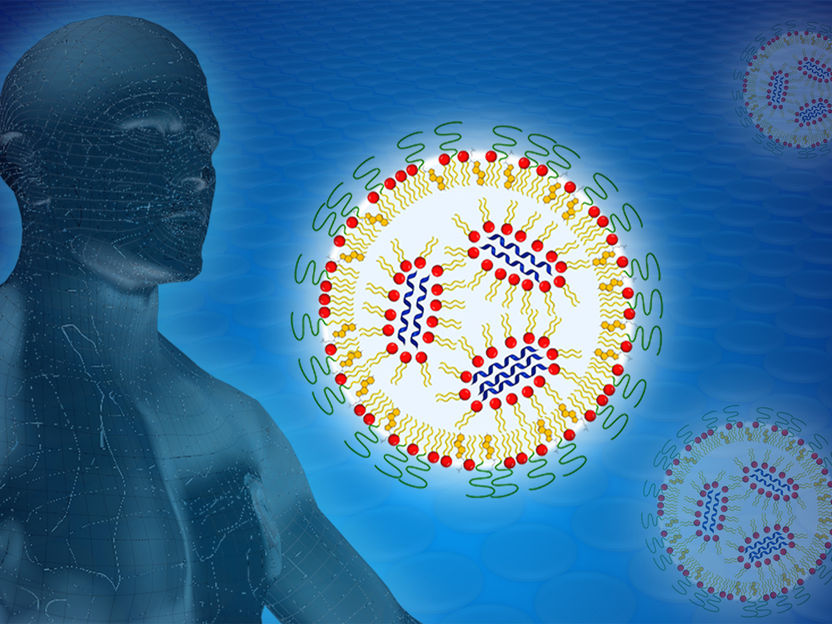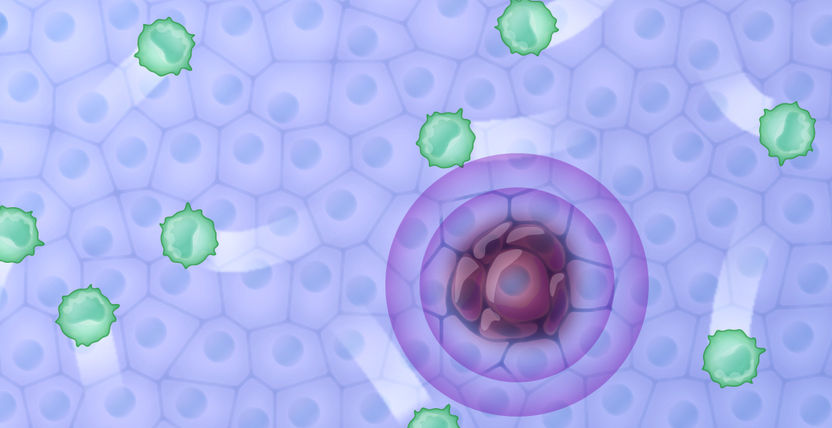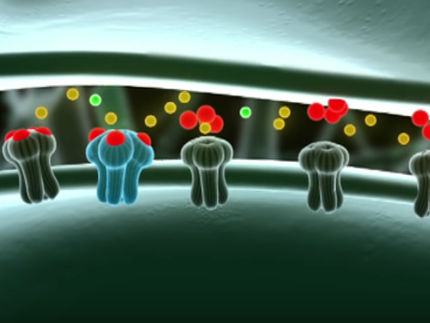Anti-anxiety Compound BNC210 Phase I Trial Successful: Establishes Four-fold Increase in Blood Drug Levels Following Food Intake
Bionomics Limited announced it has completed its second Phase I clinical trial of its anti-anxiety compound BNC210. The aim of this trial was to determine whether administration of BNC210 with food alters blood levels of the drug.
Dr Deborah Rathjen Bionomics’ CEO & Managing Director explained that “many common drugs are taken either with food or following a meal. The increased exposure seen when BNC210 is given with food expands the potential dosing range to be used in its continued development for the treatment of anxiety and depression. In particular it has allowed us to identify the doses to be used in the planned Phase Ib studies of BNC210. The data also suggests that lower doses of BNC210 may be effective when the drug is given with food”.
“This latest data also confirms the results of the initial Phase I clinical trial of BNC210 which indicated that BNC210 was well tolerated at high doses and free of significant side-effects”, she added.
The placebo controlled and blinded trial was conducted in healthy male volunteers at the Pain and Anaesthesia Research Clinic (PARC) within the Royal Adelaide Hospital and Professor Paul Rolan was the Principal Investigator.
Among the secondary objectives of this trial is the evaluation of potential biomarkers showing BNC210 effects. These include the determination of stress hormone levels. These tests are currently in progress with data anticipated to be available next quarter.
Two Phase Ib clinical trials of BNC210 are anticipated to commence next quarter. The first of the new trials will evaluate BNC210 effects when anxiety is induced in healthy subjects whilst the second trial will evaluate BNC210 effects on the brain using electroencephalograph (EEG) measurements. The trials will continue to look at whether side-effects such as sedation or memory impairment, are associated with the administration of BNC210. To date BNC210 administration has not been associated with clinically significant side-effects.
Most read news
Topics
Organizations
Other news from the department research and development

Get the life science industry in your inbox
By submitting this form you agree that LUMITOS AG will send you the newsletter(s) selected above by email. Your data will not be passed on to third parties. Your data will be stored and processed in accordance with our data protection regulations. LUMITOS may contact you by email for the purpose of advertising or market and opinion surveys. You can revoke your consent at any time without giving reasons to LUMITOS AG, Ernst-Augustin-Str. 2, 12489 Berlin, Germany or by e-mail at revoke@lumitos.com with effect for the future. In addition, each email contains a link to unsubscribe from the corresponding newsletter.
More news from our other portals
Last viewed contents
Janssen-Cilag International NV withdraws its application for an extension of the indication for Velcade (bortezomib)
Institut Ranke-Heinemann / Australisch-Neuseeländischer Hochschulverbund - Berlin, Germany

Smartphone lab finds coronavirus in saliva - Diagnosis of other infectious diseases possible

Mikrogen Diagnostics acquires Lophius Biosciences

SRI Instruments Europe GmbH - Bad Honnef, Germany
Cancer stem cells suppress immune response against brain tumor - M. D. Anderson researchers discover mechanism that helps glioblastomas evade attack
Mixing energy drinks, alcohol may affect adolescent brains like cocaine

From exposomics to phytotoxins: Safe foodstuffs in the focus of analytica 2018

Optimization of mRNA containing nanoparticles - Investigations at FRM II aid in the development of mRNA medications
Genetic testing for personalized nutrition leads to better outcomes























































